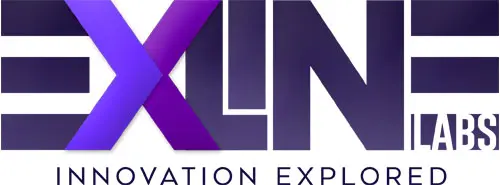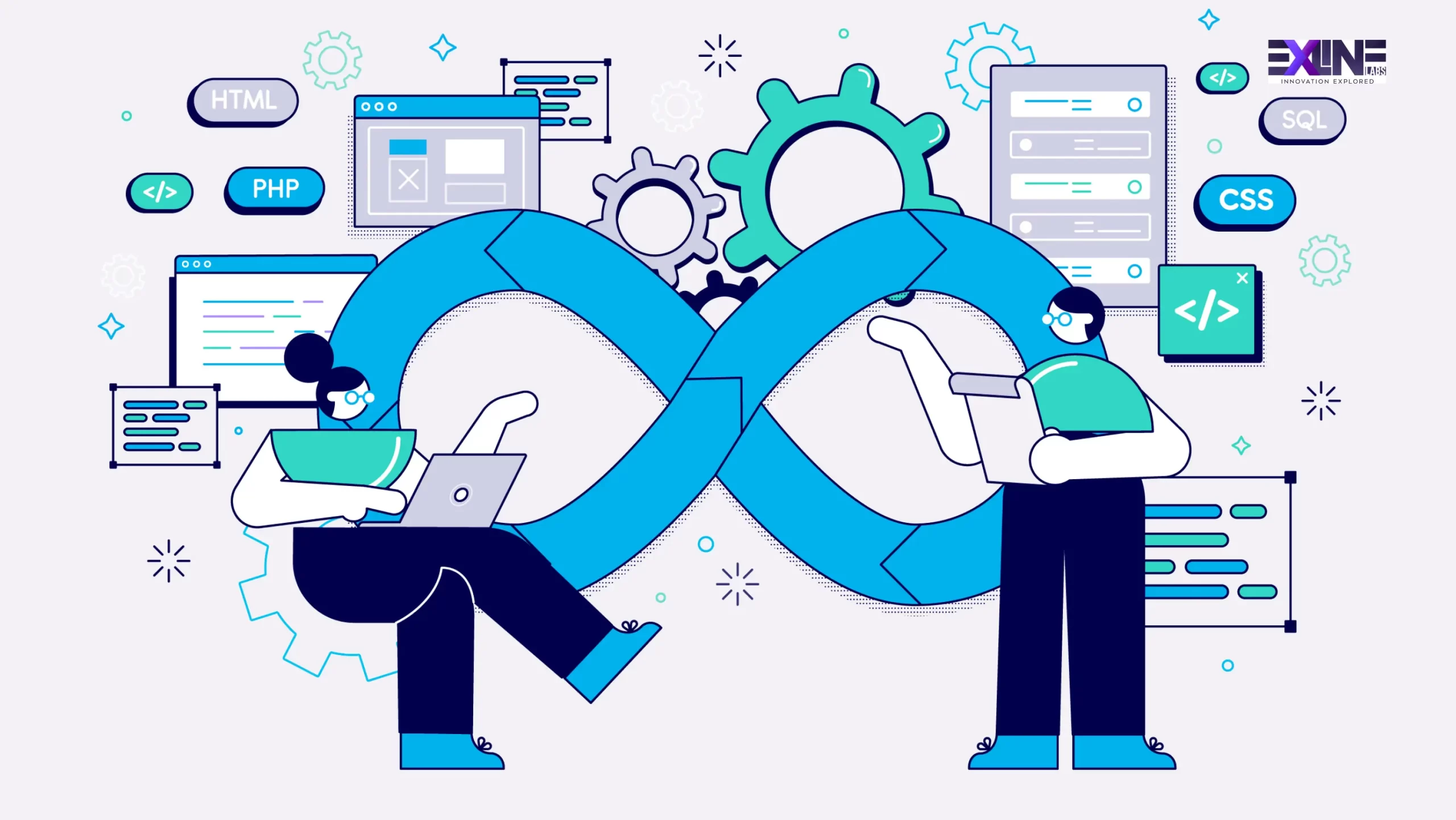In today’s fast-paced technological landscape, the need for efficient and streamlined development processes is more critical than ever. This is where DevOps comes into play, revolutionizing the way teams collaborate and deliver software.
Introduction
The advent of DevOps has transformed the traditional siloed approach to software development and IT operations. DevOps, a portmanteau of “development” and “operations,” represents a cultural shift and a set of practices aimed at fostering collaboration between development and operations teams. The ultimate goal is to automate and streamline the software delivery process, reducing the time it takes to go from code committed to production-ready.
Key Principles of DevOps
Collaboration and Communication
DevOps emphasizes the breaking down of barriers between development and operations teams. Effective communication and collaboration ensure that everyone is on the same page, leading to faster problem-solving and increased efficiency.
Continuous Integration (CI)
CI involves the frequent integration of code changes into a shared repository. This practice helps identify and address integration issues early in the development process, preventing them from becoming major roadblocks later on.
Continuous Delivery (CD)
CD takes CI a step further by automating the entire software release process. With CD, teams can release software updates to production at any time, reducing the time and effort required for manual deployment.
Automation
Automation is at the core of DevOps. By automating repetitive tasks, such as testing, deployment, and infrastructure provisioning, teams can eliminate errors and speed up the delivery pipeline.
Monitoring and Feedback
DevOps places a strong emphasis on monitoring applications and infrastructure in real-time. This continuous feedback loop allows teams to identify and address issues promptly, improving overall system reliability.
Benefits of DevOps
Increased Deployment Frequency
DevOps practices enable teams to release updates more frequently, providing users with new features and bug fixes in a timely manner.
Faster Time to Market
The automation and collaboration inherent in DevOps reduce the time it takes to develop and release software, giving organizations a competitive edge in bringing products to market.
Improved Collaboration and Productivity
Breaking down silos and fostering collaboration between development and operations teams leads to improved productivity and a more positive work culture.
Enhanced Quality and Reliability
Continuous testing and monitoring in the DevOps pipeline result in higher-quality software with fewer defects, enhancing overall system reliability.
Cost Efficiency
By automating manual and time-consuming processes, DevOps helps organizations optimize resource utilization and reduce operational costs.
Implementing DevOps in Your Organization
Assessment and Planning
Evaluate your current development and operations processes to identify areas for improvement. Create a roadmap for implementing DevOps practices.
Toolchain Selection
Choose the right set of tools to support your DevOps initiatives. This may include CI/CD tools, automation frameworks, and monitoring solutions.
Cultural Transformation
DevOps is not just about tools; it’s a cultural shift. Encourage collaboration, transparency, and a shared responsibility for delivering high-quality software.
Training and Skill Development
Provide training for team members to ensure they have the necessary skills to leverage DevOps tools and practices effectively.
Continuous Improvement
DevOps is an ongoing process of continuous improvement. Regularly evaluate and refine your processes to adapt to changing business needs and technology advancements.
Conclusion
In conclusion, DevOps is a game-changer for organizations looking to stay competitive in today’s dynamic business environment. By adopting DevOps practices, teams can achieve faster development cycles, higher-quality software, and increased collaboration between development and operations. The benefits extend beyond the technical realm, positively impacting the overall efficiency and success of the organization.
If you’re looking for expert Web development services, check out our Web Development Services page. For any inquiries or to get in touch with us, visit our Contact us page.

